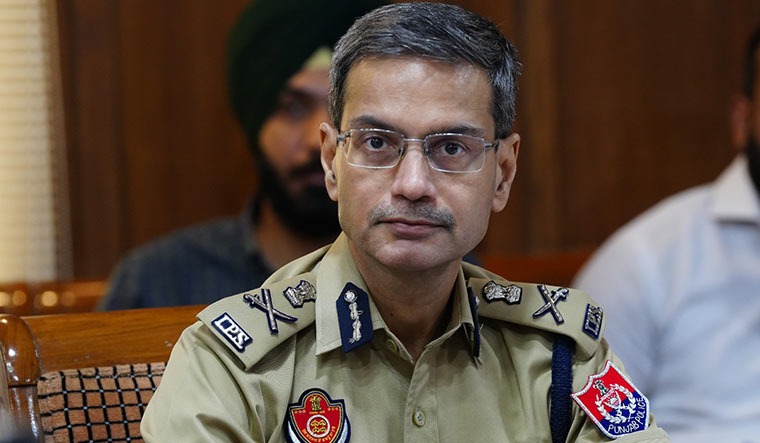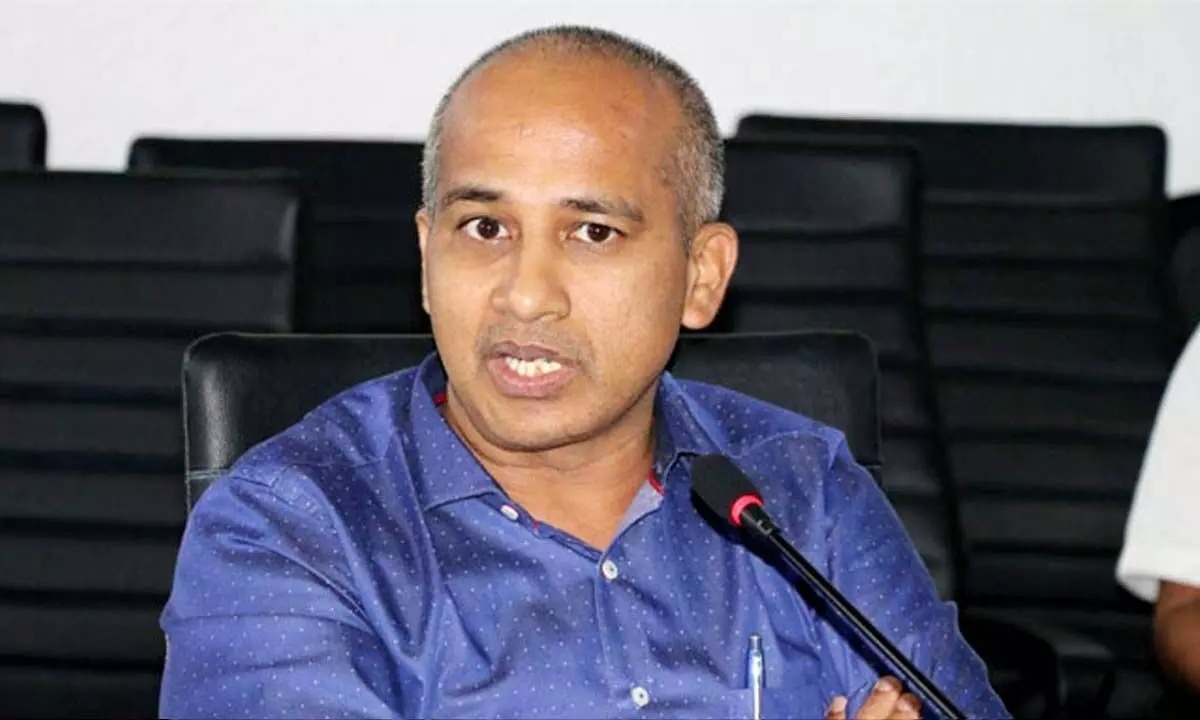The office of the Director General of Police (DGP), once seen as the institutional pinnacle of Indian policing, is increasingly finding itself entangled in the shifting sands of political strategy. A growing number of states are witnessing their top cops becoming pawns in political power plays, raising alarms about the erosion of police autonomy.
The case of former Himachal Pradesh DGP Sanjay Kundu—who came under sustained political pressure following tensions with the state’s political leadership—has become emblematic of this unsettling trend. That episode, according to seasoned insiders, has set a precedent that is now echoing across other states, including Punjab.
In Punjab, current DGP Gaurav Yadav appears to be navigating a similarly fraught terrain. Sources indicate mounting unease between Yadav and the state administration, with behind-the-scenes discussions already underway to identify a potential replacement. Speculation is rife that Yadav could be shifted to head a Central Armed Police Force (CAPF)—a move that many view as politically motivated.
Delhi’s bureaucratic circles are watching closely. Senior IPS officers privately warn that the growing politicisation of the DGP’s office threatens to compromise its institutional integrity. “You can only push so far,” one officer noted. “Even the most accommodating DGP may eventually resist being turned into a political foot soldier.”
The warning signs were already visible in 2022, when Yadav was appointed acting DGP following the sudden leave of then-DGP V.K. Bhawra. The move triggered legal friction, with Bhawra challenging the appointment and alleging political pressure to step aside. Though the Central Administrative Tribunal ultimately dismissed his petition, citing delay in filing, the case added to the perception that the DGP’s post in Punjab had become a high-stakes political chess piece.
If such trends continue unchecked, analysts fear, the role of the DGP may be reduced either to a battlefield for political rivalries or a dead-end for officers unwilling to toe the party line—leaving the institution, and public trust in it, poorer for the wear.




